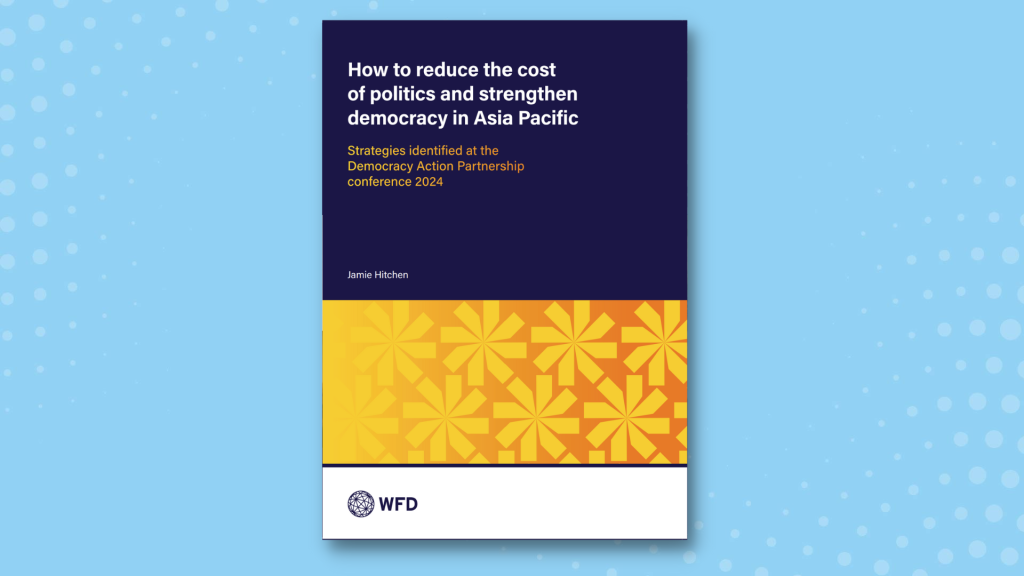Despite Malaysia’s commitments to gender equality under international frameworks such as the Convention on the Elimination of All Forms of Discrimination against Women (CEDAW) and the United Nation's Beijing Declaration and Platform for Action (1995)(Beijing Declaration), women’s representation in politics remains low throughout the years. This research investigates the cost of political participation in Malaysia and how it hinders women’s entry, retention (or sustainability), and advancement in politics. It identifies financial barriers, not just during elections but throughout political careers, as one factor limiting women’s political representation.
The research underscores the fact that cost of politics in Malaysia is not merely a financial issue. It is a systemic barrier that disproportionately excludes women from political life.
The key findings of the report include:
- Women’s political careers are built over time with limited support.
- Financial barriers in internal party elections limit inclusive leadership.
- Insufficient and uneven party support for campaign financing.
- Lack of financial security threatens women’s political sustainability.
- Fundraising is harder for women due to structural and cultural bias.
- Lack of institutionalised funding mechanisms, including public funding and constituency development funds.
- Cultural and regional stereotypes hinder minority women’s participation.
- Lack of political financing regulation increases moral risk.
- Insufficient and ad hoc funding for women’s capacity building.
- Male allyship is crucial to advancing women’s representation.
These findings outline the most critical challenges and enablers identified based on the interviews, ranging from structural barriers within the electoral system and political financing to cultural and societal expectations that shape women’s opportunities. At the same time, the findings highlight positive factors such as mentorship, male allyship, and capacity-building initiatives that can help pave the way for more equitable representation. Together, these insights provide a clearer picture of the realities women face in Malaysia’s political landscape and the reforms needed to foster a more inclusive and sustainable pathway for women in leadership.


